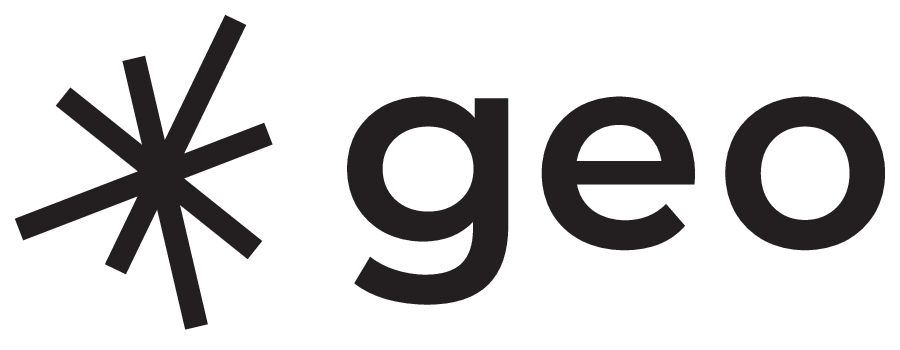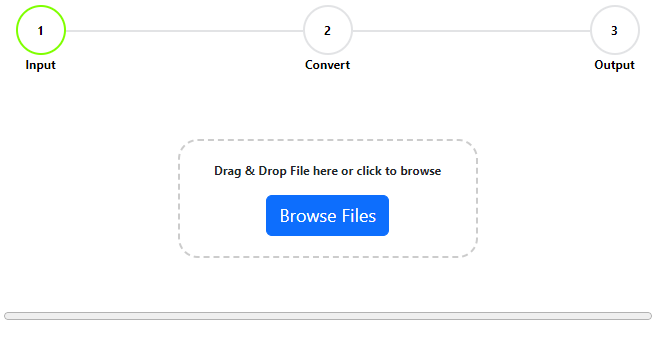Getting Your Dream Job in Earth Observation
Joining the podcast today is Eric Jensen, currently a data scientist with Climate Engine. After obtaining his BA in Geography, he completed a masters in Ecology adding context to his research with remote sensing through the University of Montana. Eric has gained a variety of experiences during his career, ranging from working with web tools, to conservation and research work, to a data analysis focus, and even to creating public-facing geospatial educational media. He is going to share his experience and expertise with approaching the geospatial job market, and finding what you’re looking for.
Making a Job Transition
Making a career move can be scary, whether it is within your current company, or trying somewhere, or something new. The first step in making a transition is deciding if now is the right time, and if not now, then what would the right time look like? What can you do to move up that timeline? Here are some things to consider.
Finding your dream job starts with identifying what your dream job is, and who is hiring for it.
A company’s focus, industry, and culture have a huge influence on what the day to day of that role may look like, and if it’s a good fit.
This includes considering who your coworkers and clients might be, and if you would be compatible. If your preference is for the research and innovation associated with academia, you might like a company that employs a lot of scientists. If you like ambitious colleagues with a range of experiences, a startup might be a good choice.
Identifying the specific job you want is going to rely on your experience, interest, and the perceived opportunities.
GIS is often described as a tool, and many people find greater success using GIS as a secondary skill to support whatever their expertise in their main industry is.
If you are not sure exactly what niche to climb into, start asking yourself some deep questions about where you could see yourself going, or better yet, have someone else ask you these questions and garner their feedback. Spend some time reflecting in order to identify exactly what your next move looks like.
An essential, yet intimidating element of changing jobs is discussing that move with your boss or supervisor. Some bosses aim for stability, and may not react as well to the idea of a change, but some supervisors might surprise you and end up being an excellent resource in your job search.
A boss that can act as a reference is immensely valuable, as they can provide your next boss with specific examples of your skills and what you bring to the table. If you have a boss that is supportive of your growth, start that conversation with them, it might be easier than you think.
Tools for Success in Finding a Geospatial Job
Once you have decided it is time to make a change, it’s time to get actionable. Entering an iterative process of research and self-reflection can help you to uncover some truths about where your strengths, weaknesses, and interests lie.
The most productive tools for learning more about career growth in GIS are informational interviews.
An informational interview is an informal conversation with someone you find to be a role model in your industry.
These low-stakes conversations allow you to source honest answers on questions you have about nearly anything. You may discuss questions surrounding salary, curating a social media presence, or get some insight on how they approach tough interviews.
Preparing for an informational interview first requires finding someone to interview. You might not have to look far, however, as your existing network might already hold some great options.
As a general rule, most people enjoy talking about themselves, so do not be afraid to reach out to request interviews.
In order to prepare questions, try checking out your interviewee’s LinkedIn, or cruise through their company’s website. Use the list of questions you build to help guide the conversation. As a natural part of the conversation, you may find a lot of these questions reflected back at you. It is okay to not have answers for all of them, especially if you are still relatively young in your career. Take this opportunity to notice gaps in your knowledge, both in industry topics, and in knowledge of your own professional priorities and interests.
After concluding an informational interview, reflect on what you have discussed.
Did you get what you came for? Distill the main takeaways from your conversation into a few sentences and write them down somewhere for later to jog your memory if needed.
Another great resource for building insight on how people in GIS approach their careers is by listening to podcasts like this one! The MapScaping Podcast hosts a curated archive of years of conversations with industry professionals, and we even allow you to filter for Career Focused episodes. GIS podcasts like MapScaping, Seeing From Above, Minds Behind Maps, and Geodorable can provide a lot of the same value as conducting your own informational interview, but without all the effort.
How and Where to Look For a GIS Job
After identifying your niche in GIS, start identifying companies that need it filled. You might start by looking within your existing network, or by following companies you have interest in on LinkedIn or Twitter.
Plan to take a look at GIS job boards which may allow you to get even more niche.
ClimateBase, for example, posts jobs specifically surrounding the climate industry. Similarly, if you are interested in a company, follow their public job board postings to be notified as soon as new positions become available.
Before applying for your potential new job, spend some time refreshing your portfolio, resume, and CV. HR softwares are notorious for filtering out applications based on the presence of keywords, so take the extra time to tailor your resume to the job description.
Another popular addition to a CV or resume is including a link to your portfolio website (use a PDF, never a Word doc!).
When a decision-maker pulls up your site, you gain immensely valuable ‘facetime’ with them, and a chance to impress with your well-curated portfolio.
Of course, in business, not everything is entirely based on merit. While it is certainly possible to get a job through the traditional application process, anytime you can expand on a personal connection you have with the hiring company it will help your chances of making it to that final interview.
An added benefit of job-seeking within your network is it gives you a chance to gain some background and insight on your potential future company.
You can ask questions about the culture and growth opportunities that might not feel as natural when you reach the formal interviews.
GIS is an ever-expanding industry, revealing potential new applications through an iterative process of innovation. By investing some time into reflecting on how you fit into the larger schema of the field, you can be more confident that you are making the best choice for your future as you pick your next move.





